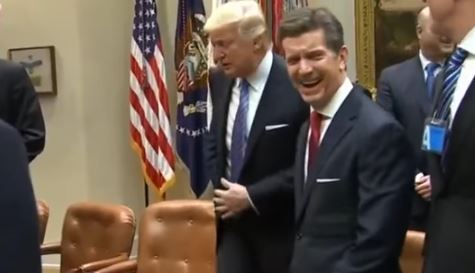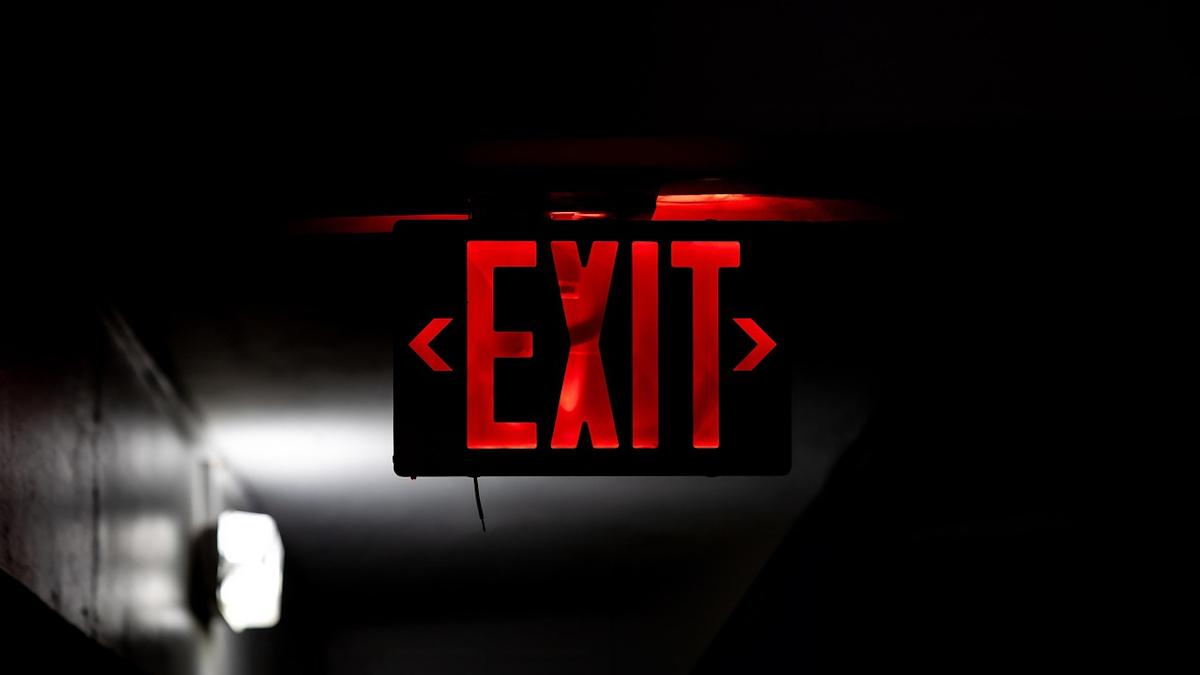Trump disbands business forums as CEOs quit

Donald Trump has disbanded his councils of CEO advisers after a mass exodus led by Merck & Co's Kenneth Frazier, in protest at the president’s failure to condemn neo-Nazi violence in Charlottesville.
As has been widely reported, Trump faced widespread criticism for failing to explicitly condemn far-right white supremacists at the rally, where dozens were injured, and one woman was killed as a car was driven into a crowd of unarmed anti-racism protestors.
Trump then made things worse with contradictory statements about the Charlottesville incident, condemning the far-right, but then implying that people on “both sides” had been at fault in another briefing.
Merck & Co’s Frazier, an African American, was the first CEO to leave the President’s American Manufacturing Council in protest at Trump’s ambiguous position.
Trump responded to Frazier’s decision with an angry tweet about the price of the company’s drugs, prompting other CEOs to leave, notably Kevin Plank CEO of Under Armour, and Brian Krzanich, CEO of Intel.
He also followed this up with another typically defiant tweet:
https://twitter.com/realDonaldTrump/status/897478270442143744
Alex Gorsky, Johnson & Johnson’s CEO (pictured above with Trump) initially said he would remain on the council, convened at the beginning of the presidency to give advice about how to boost the US manufacturing sector
But as criticism of Trump’s commentary on the situation mounted, he quit too.
https://twitter.com/JNJNews/status/897938004609773569
Members of Trump’s Strategic and Policy Forum, convened to give feedback on how to create jobs and boost the economy, have also agreed to end the group in protest.
In a statement the members including General Motors CEO Mary Barra, said the debate over participation in the forum had become a “distraction” from vital policy discussions.
In response Trump said on Twitter that he would also disband the manufacturing council.
https://twitter.com/realDonaldTrump/status/897869174323728385
This is Trump’s biggest falling out yet with business leaders, many of whom have shown support since he entered the White House in January.
Added to his failure to drive through promised healthcare reforms, and the ongoing investigation into links with Russia, the latest developments suggests Trump may be unable to deliver any meaningful legislative progress.
The pharma industry had been keen to keep close to the administration because of promised corporate tax reforms, which could potentially provide a multi-billion dollar windfall for US firms.
But bad relations between the White House and the Congressional Republican party, as well as divisions within the party, suggest these could also become roadblocked.












